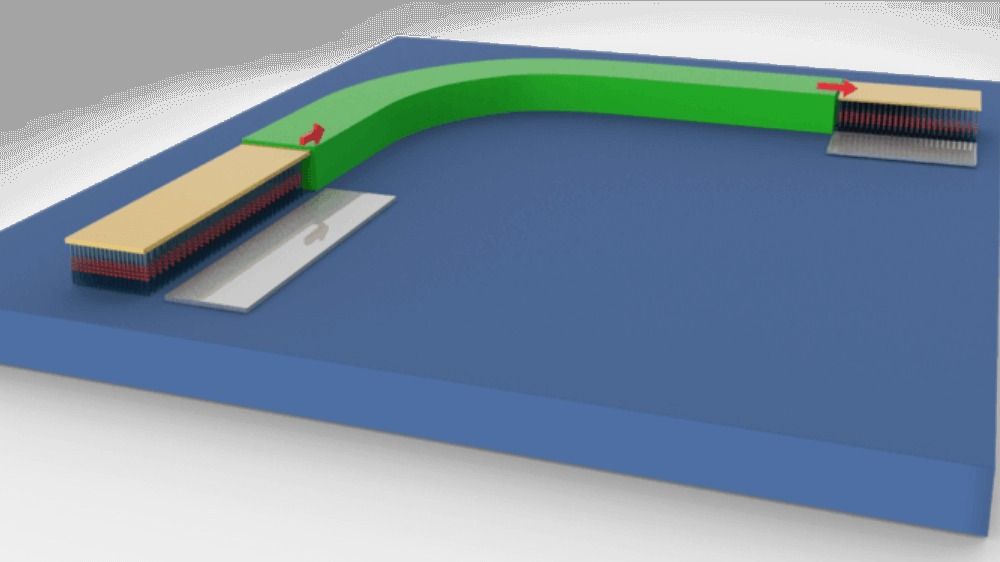For the past four decades, the electronics industry has been driven by what is called “Moore’s Law,” which is not a law but more an axiom or observation. Effectively, it suggests that the electronic devices double in speed and capability about every two years. And indeed, every year tech companies come up with new, faster, smarter and better gadgets.
Specifically, Moore’s Law, as articulated by Intel cofounder Gordon Moore, is that “The number of transistors incorporated in a chip will approximately double every 24 months.” Transistors, tiny electrical switches, are the fundamental unit that drives all the electronic gadgets we can think of. As they get smaller, they also get faster and consume less electricity to operate.
In the technology world, one of the biggest questions of the 21st century is: How small can we make transistors? If there is a limit to how tiny they can get, we might reach a point at which we can no longer continue to make smaller, more powerful, more efficient devices. It’s an industry with more than US$200 billion in annual revenue in the U.S. alone. Might it stop growing?
